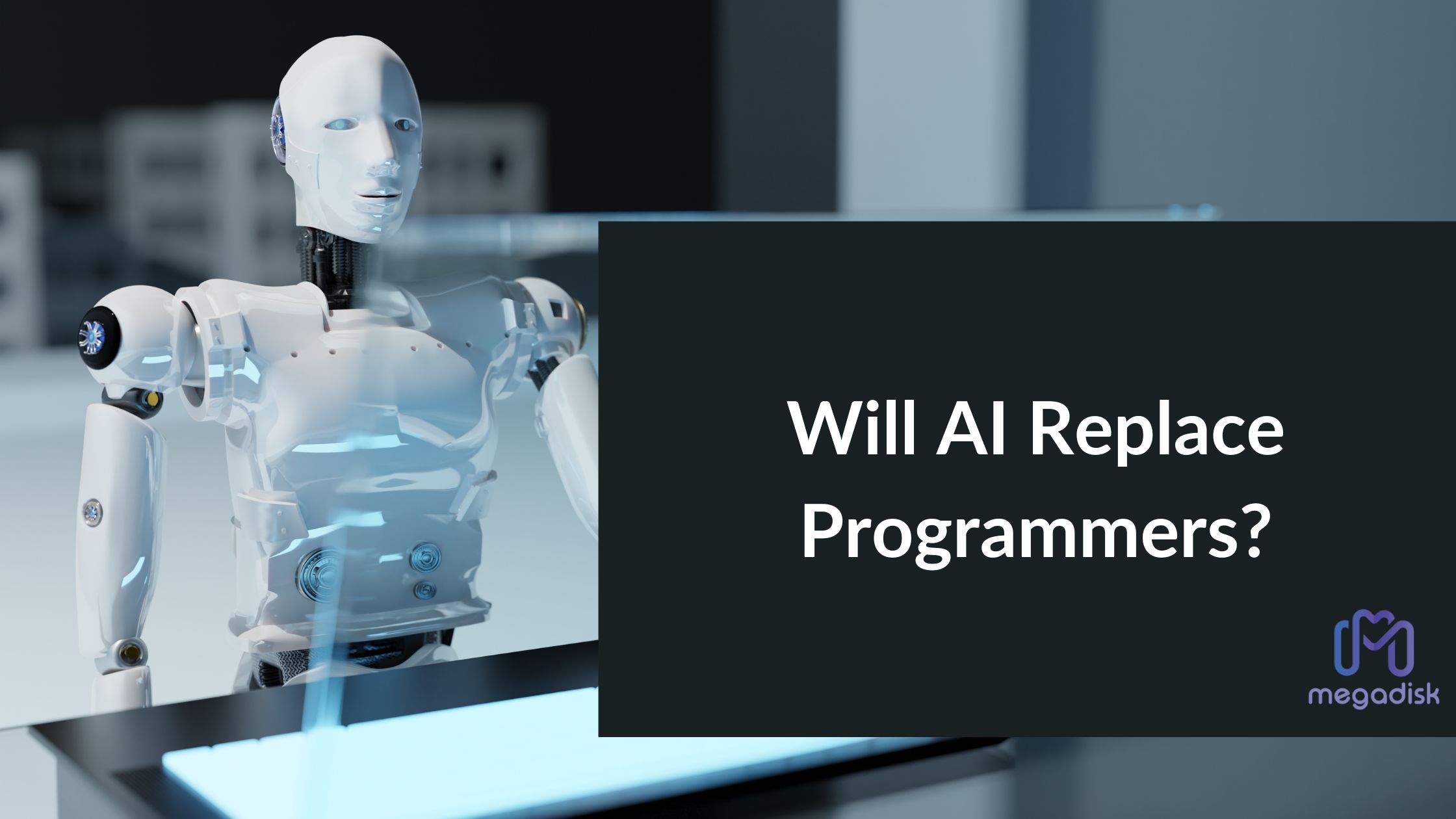Will ai replace programmers?
AI's ability to learn and execute tasks traditionally performed by humans has led to speculation about its impact on jobs, particularly in the tech sector. Programming, a field that requires creativity, problem-solving, and technical skills, is not immune to these concerns.
Techno solution

Table of Contents
- Introduction
- The Current State of AI in Programming
- Technological Advancements in AI Coding
- The Human Element in Software Development
- Potential Scenarios of AI-Human Collaboration
- Skill Transformation and Adaptation
- Economic and Workforce Implications
- Ethical Considerations
- Case Studies
- Future Predictions
- Conclusion
- References
Introduction
The rapid advancement of artificial intelligence (AI) has sparked intense debate across multiple industries, with software development emerging as a critical battleground in the discussion of technological displacement. The fundamental question—"Will AI replace programmers?"—is not simply a matter of technological capability, but a complex exploration of creativity, problem-solving, and the intrinsic value of human intellect in technological innovation.
Key Context
As of 2024, AI technologies like large language models and generative AI have demonstrated unprecedented capabilities in code generation, debugging, and software design. Tools such as GitHub Copilot, OpenAI Codex, and Google's AlphaCode have showcased remarkable proficiency in translating natural language descriptions into functional code across multiple programming languages.
The Current State of AI in Programming
AI Coding Capabilities
Current AI technologies can:
- Generate code snippets
- Complete partial code implementations
- Suggest optimizations
- Detect potential bugs
- Translate between programming languages
- Create basic to moderately complex software structures
Technological Limitations
Despite impressive capabilities, AI currently struggles with:
- Complex architectural design
- Understanding nuanced business requirements
- Creating truly innovative software solutions
- Managing intricate system interactions
- Developing comprehensive long-term software strategies
Technological Advancements in AI Coding
Machine Learning Models
- Large Language Models
- GPT-3.5 and GPT-4 demonstrate significant code generation capabilities
- Can understand context and generate contextually appropriate code
- Continuously improving through advanced training techniques
- Specialized AI Coding Assistants
- GitHub Copilot: Offers real-time code suggestions
- OpenAI Codex: Translates natural language into functional code
- Amazon CodeWhisperer: Provides context-aware coding recommendations
Deep Learning Approaches
- Neural network architectures designed specifically for code understanding
- Transformer models that can parse and generate complex programming logic
- Reinforcement learning techniques improving code generation accuracy
The Human Element in Software Development
Skills Beyond Code Generation
Programmers bring critical skills that AI currently cannot replicate:
- Strategic Thinking: Designing comprehensive system architectures
- Contextual Understanding: Interpreting complex business requirements
- Creative Problem Solving: Developing innovative solutions
- Ethical Decision Making: Ensuring responsible technology implementation
- Interpersonal Communication: Collaborating across interdisciplinary teams
Emotional Intelligence in Development
- Understanding stakeholder needs
- Managing team dynamics
- Translating abstract concepts into technical implementations
Potential Scenarios of AI-Human Collaboration
Augmentation Model
- AI handles repetitive, standardized coding tasks
- Humans focus on complex problem-solving
- Increased productivity and innovation
Hybrid Development Approach
- AI generates initial code drafts
- Humans review, refine, and optimize
- Continuous learning and improvement cycle
Skill Transformation and Adaptation
Required Skills for Future Programmers
- AI Technology Understanding
- Prompt Engineering
- AI Output Validation
- Advanced System Design
- Interdisciplinary Collaboration
Educational Implications
- Curriculum redesign
- Continuous learning programs
- Emphasis on adaptability and AI interaction skills
Economic and Workforce Implications
Potential Job Market Shifts
- Reduction in entry-level programming roles
- Increased demand for AI-savvy developers
- Higher value placed on strategic technical skills
Compensation and Role Evolution
- Potential salary restructuring
- New job categories emerging
- Greater emphasis on high-value technological contributions
Ethical Considerations
AI Accountability
- Responsibility for AI-generated code
- Potential biases in machine learning models
- Transparency in AI development processes
Societal Impact
- Managing technological unemployment
- Ensuring equitable access to AI technologies
- Maintaining human creativity in technological innovation
Case Studies
Success Stories
- GitHub Copilot Implementation
- 55% increased developer productivity
- Reduced repetitive coding tasks
- Enhanced code quality and consistency
- OpenAI Codex in Enterprise Settings
- Faster prototype development
- Reduced time-to-market for software products
- Improved developer satisfaction
Challenges and Limitations
- Instances of incorrect code generation
- Over-reliance on AI suggestions
- Potential security vulnerabilities
Future Predictions
Short-Term Outlook (2024-2030)
- Increased AI integration in development processes
- Gradual skill transformation
- Collaborative human-AI development models
Long-Term Vision (2030-2040)
- Advanced AI capable of more complex reasoning
- Potential emergence of autonomous software generation
- Continued human oversight and strategic direction
Conclusion
The future of programming is not about replacement but transformation. AI will not entirely replace programmers but will fundamentally reshape the role of human developers, emphasizing creativity, strategic thinking, and advanced technological stewardship.
References
- Brynjolfsson, E., & McAfee, A. (2014). The Second Machine Age. W. W. Norton & Company.
- Marcus, G., & Davis, E. (2019). Rebooting AI: Building Artificial Intelligence We Can Trust. Pantheon.
- GitHub Copilot Research (2023). Productivity Assessment of AI Coding Assistants.
- OpenAI. (2022). Codex Technical Report.
- Vaswani, A., et al. (2017). "Attention Is All You Need". Advances in Neural Information Processing Systems.